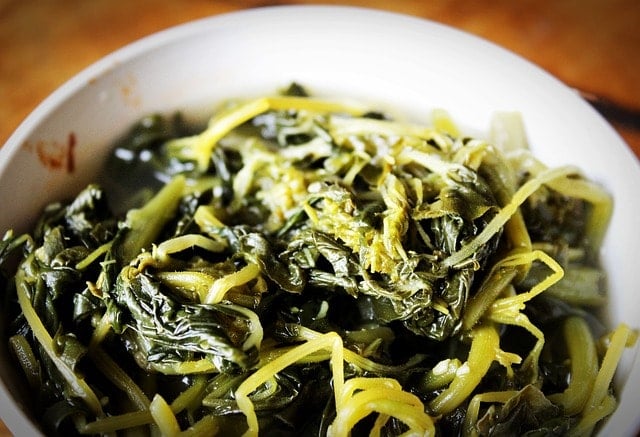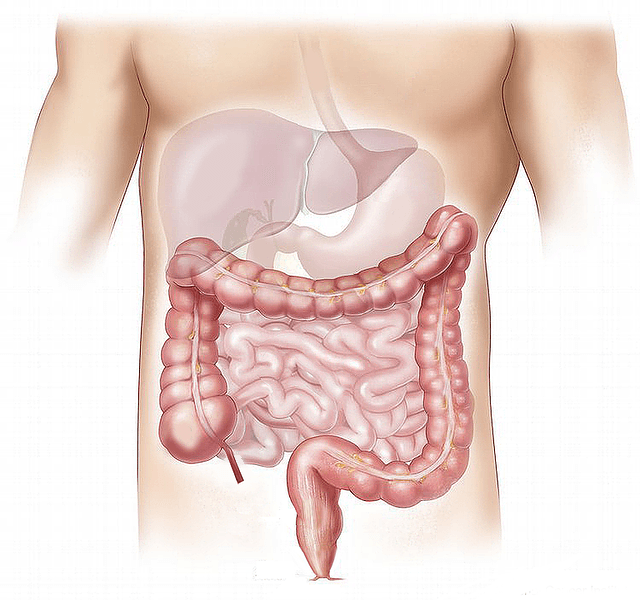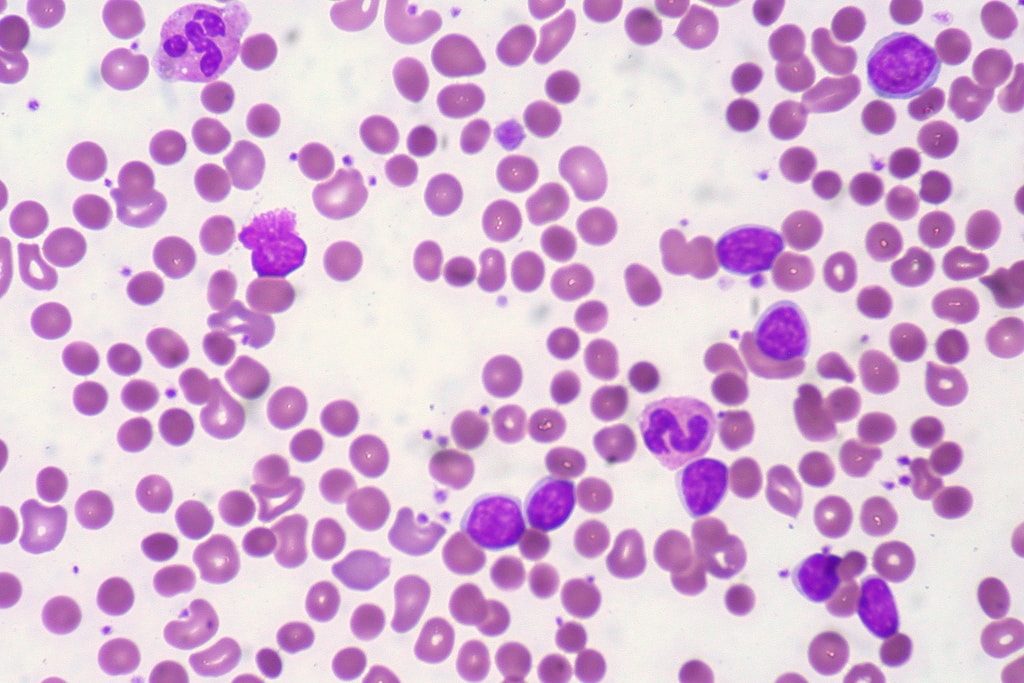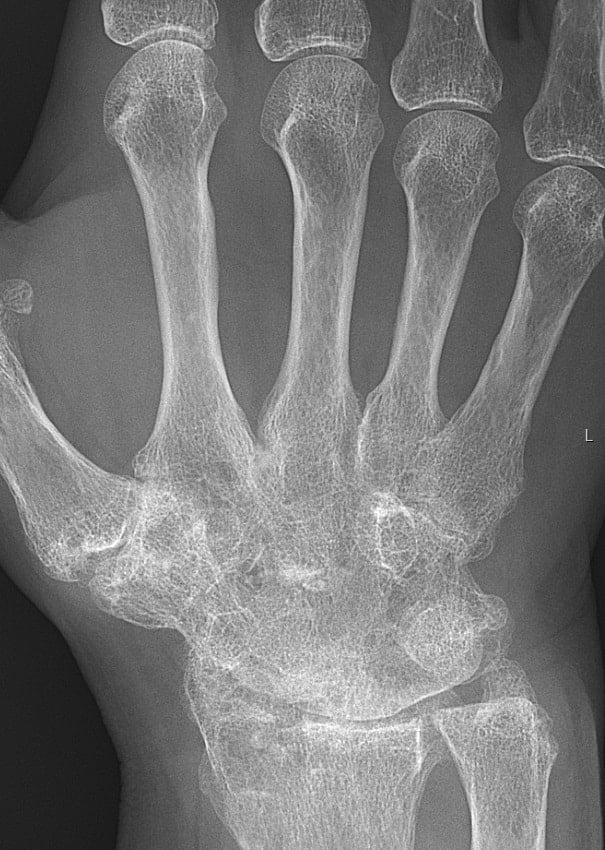There is great interest in the health benefits of kombu which is an edible form of Japanese brown seaweed kelp (Laminaria japonica). The long list of proported health benefits of kombu includes improved digestion, cancer prevention, improved thyroid function, higher iron stores and hemoglobin levels. And the list goes on. This all sounds very good (if it is true).

None of the blogs that I have read make the distinction between consuming kombu as part of a ‘Blue Zone style healthy diet’ versus as a ‘functional food’ for a specific health benefit. What does the science say?
Table of Contents
What Is Kombu?
Seaweed is a popular stable in the Japanese diet. The three most popular seaweed products in Japan are nori (Porphyra), wakame (Undaria) and kombu (Laminaria).
Over the last decades consumption of kombu has declined in Japan while consumption of wakame has risen. Consumption of kombu in the western world has grown over the same time-frame. This growth in the western world may be a product of globalization, the growth of the health food industry and/or the Blue Zone project which showed that residents of Okinawa, Japan were among the longest living in the world.
Seaweed is a rich source of carotenoids, dietary fibre, protein, essential fatty acids, minerals, vitamins and bioactive compounds such as polyphenols and polysacharides.
Kombu contains iodine, potassium, magnesium, calcium, iron and iodide. It is also a source of algin which is a bulk laxative (1). Both nori and wakame have relatively low iodine contents compared to kombu.
Kombu can be consumed fresh (sashimi), dried, or pickled in vinegar. Cooking kombu for 15 minutes can reduce the iodine content by 99% (2).
Is There Any Research?
There are over 1000 scientific publications on kombu, of which almost 100 are human clinical trials. The vast majority of these studies (75) concern the use of Laminaria as an abortifacient where it acts by dilating the cervix. When non-relevant studies (such as weaning piglets studies) were excluded, this left just a handful of papers relating to the role of nutraceutical algae as functional foods. (3).
To put this in context, there are almost 30,000 publications on functional foods in general. None of the published clinical trials looked at kombu as part of an overall healthy diet.
Does Kombu Improve Digestion? Reduce Gas?

There are no specific studies on the role of kombu as a digestive aid.
Kombu is generally believed to act as a laxative. Analysis has shown that the total dietary fibre content of Laminaria is 40%, of which 80% is soluble fibre (4).
There is one (vaguely relevant) study which evaluated the effect of kombu and lactic acid bacteria on intestineal flora (5). Lactic acid bacteria are a key component of fermented Korean food. In this study, 40 healthy adult males were randomly assignd to either kombu plus lactic acid bacteria or kombu plus placebo lactic acid bacteria for 4 weeks.
The study found that the kombu plus lactic acid bacteria arm of the study had a proliferation of beneficial bacterial flora. The clinical implications of this finding have yet to be validated or studied.
Summary: Kombu is a rich source of dietary fibre but there are no clinical data to support the use of kombu as a digestive aid.
Does It Prevent Cancer?
There are no clinical trials looking at the role of kombu in cancer treatment or prevention.
Epidemiological studies suggest that there may be a link between the low rates of breast cancer observed in Japanese woman and the cultural dietary intake of kombu (6). A number of theories have been proposed to explain this possible assocation including a reduced gut transit time due to high fibre content of kombu, alteration in metabolism of steroid based hormones and beneficial changes in the fecal flora.
At present these are all just theories. However it is worth noting that high soy consumption has also been proposed as the link between diet and the low cancer rates in Japanese women.
There is a laboratory study which showed that kombu extract had an anti-tumor effect on liver cancer in an experimental mouse model (7). However this has not been translated to human clinical research.
Summary: There is no scientific basis behind claims that kombu consumption prevents cancer.
Does It Fight Anemia?

There are no clinical studies evaluating the impact of kombu on anemia or iron stores. There is one study which showed that the iron content of nori is approximately 20mg/100g and that this is preserved even after cooking (8).
Summary: There are no studies to support the claim that kombu fights anemia.
Does It Improve Thyroid Function?
There are no specific studies looking at the effect of kombu on thyroid function. Theoretically, kombu could play a role in reversing dietary iodine deficiency and thereby support thyroid health. However this has to be balanced agianst the possible risks associated with some forms of dietary seaweed. These risks include toxic levels of iodine and contamination of the iodine with arsenic and heavy metals.
A UK based study identified 224 commercially available seaweed containing products (9). Only 10% of the products stated the iodine content of the products. Further analysis suggested that 10% of the commercially available products could result in an intake of iodine above the recommeded daily dose.
Summary: There are no clinical studies to support the claim that kombu improves thyroid function. Using kombu as a functional food source of iodine to suport thyroid health needs to be balanced against the possible risks of toxicity.
Does It Help Rheumatoid Arthritis?

There are many claims on the blogosphere about the benefits of kombu for people with rheumatoid arthritis. Kombu contains fucoidan which has been the subject of a single study relevant to arthritis.
A laboratory based study looked at the effect of fucoidan on rheumatoid arthritis look-alike cells in a test tube and found that some promising effects on cell signalling (10). This paper is referenced in a number of popular blogs but is far from proof that kombu does anything for people with rheumatoid arthritis.
Summary: Claims that kombu can help people with rheumatoid arthritis are false and misleading.
Is Kombu Safe?
As mentioned above, there are concerns about kombu related toxicity including iodine excess and contamination with heavy metals.
Additionally a number of cases of allergy to Lumiaria species including anaphylaxis have been descried in the medical literature (11).
Kumbo has an antithrombotic effect and should be used with care in people with bleeding disorders, peptic ulcer disease or who are taking anti-platelet or anticoagulation mediicne (12).
Back in 1998, a 20 year old Japanese lady with anorexia developed hypothyroidism which was related to excessive intake of kombu and her thyroid function returned to normal after withdrawal of the kombu. The authors caution that both hypothyroidism and hyperthyroidism can develop when people with anorexia ingest excessive amounts of kombu (13).
Another case of kombu related hypothyroidism was reported from Japan this year in a girl with anorexia (14).
Kombu is hygroscopic - it tends to absorb moisture. This year, researchers from Japan reported the case of a 68 year old man who developed an abscess and hole in his esophagus which occurred 5 years after surgery to remove his larynx (15). Follow up investigations showed that he had an obstruction which had been caused by kombu which had become swollen following absorption of water and had blocked his esophagus. The authors of the case report cautioned that extra care should be taken when people with structural abnormalities of their gastrointestical tract/upper airway eat hygroscopic foods.
Kombu also contains arsenosugars which can be broken down in the body to release aresnic. Little is known about the possible toxicity of arsenic derived from this source. However, at least one metabolite of arsenosugars (thio-DMA) may be cytoxic. In a 2017 study, 11 volunteers were fed a diet high in nori, kombu and wakame for 11 days (16). Only trace levels of thio-DMA was found in the urine of the study participants which is re-assuring, however more work needs be done in this area.
Conclusion
The bottom line is that there is no clinical science behind any kombu based health claims. The problem is that this is at odds with almost every other blog that I have seen. Understandably, this could be a possible source of confusion for readers.
I went back to other popular blogs to try to see how we differ. Some of the other blogs offer no references which means that I (and their readers) cannot assess the source of the claims. Some blogs use a referencing system that has readers rattling around the web to other bloggers or media outlets as the source of their information. Hardly reliable!
Others are very selective in the way that they present the data and as an example mention that seaweed contains iodine but omit to mention the toxicity part. Some present laboratory data as proof of efficacy but we cannot just extrapolate from animals or cell lines to humans (especially if that human happens to be you).
So I stand by the bottom line that there is no clinical science behind any kombu related health claims at this time.

Bethany Whatley
Thank you for doing this research. I appreciate your care in articulating what information is or is not available. It saved a lot of time and effort for me as I’d not heard of kombu but was debating having to go out of my way to purchase an extra ingredient for a salad recipe I’m making.
Thanks for what you do!